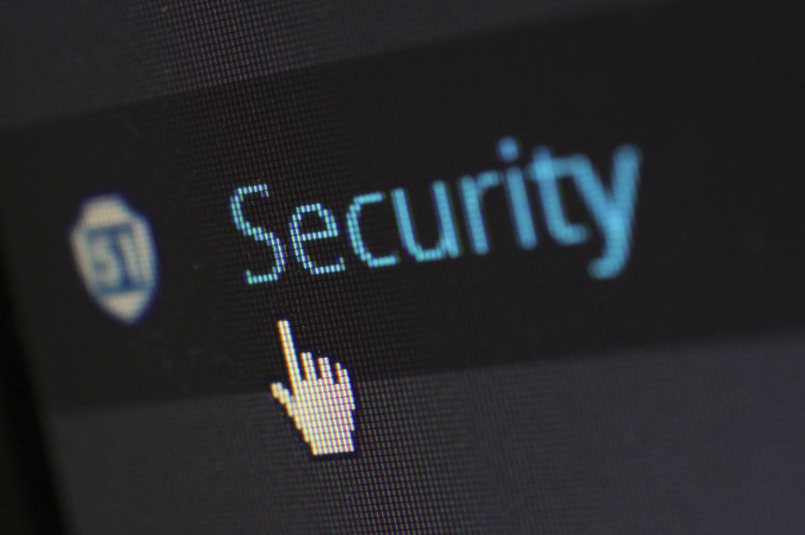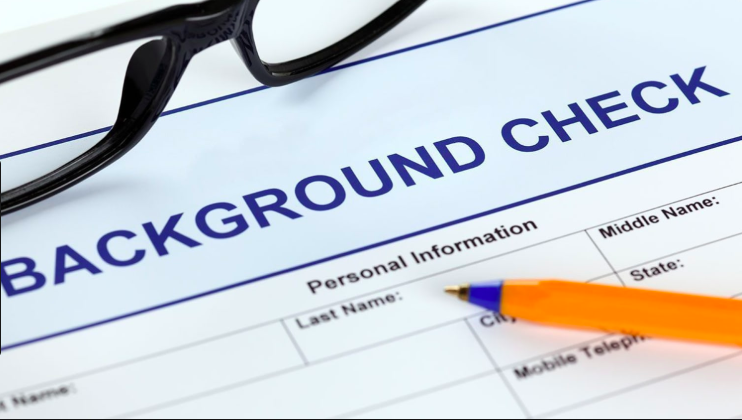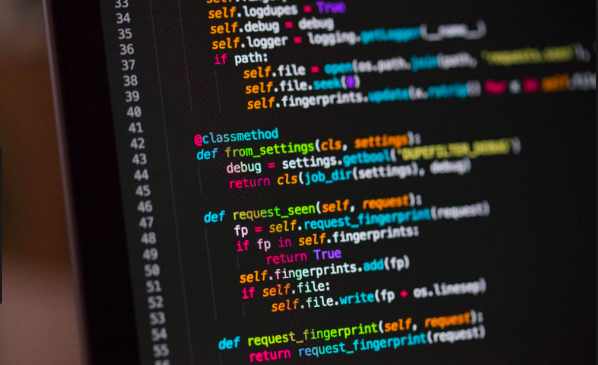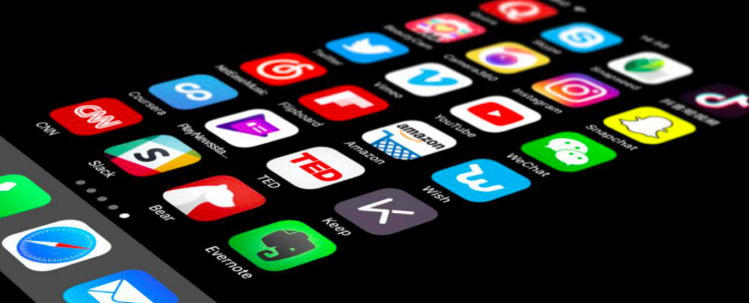aNewDomain — The definition of the word, ‘multilingual,’ says Merriam-Webster, denotes the state “of having … using or able to use several languages, with equal fluency.”
We live on a multilingual planet, of course.We’ve got some 6,909 living languages, according to the Ethnologue language catalog. By living, that is to say they are in use. That’s in contrast to such a language as Latin, of course, which is dubbed “dead” only because it isn’t. T
And would you believe that six percent of the world’s 6,909 tongues account for almost all languages spoken?
How fluent is fluent?
The rate of multilingualism varies, but generally speaking somewhere between 60 and 75 percent of everyone alive on Earth right now speaks more than one language.
Luxembourgers, you may know, three languages fluently on average, making them some of the most multilingual people around. Folks in India give them a run for their money, though. Most Indians speak at least Hindi, English and a local dialect — all fluently.
How do Americans stack up? On the plus side, we have a lot of multilingual people over here. That’s because fully a fifth of all people in the US speak a language other than English at home.
On the other hand, every year statistics show that fewer college students are enrolling in language classes than those who came before them. In 2016, fewer than seven percent of American college students were enrolled in a language class, according to one survey. T
So what happened?
It might have something to do with the fact that English is now the world’s No. 1 language, its Lingua Franca (minus the franca!). And That’s why, no matter. where you travel in the world, odds are you’ll find someone who speaks English. It’s the default second language for millions around the world these days.
All this explains why you, for one, might not speak a second language. But if you think that lets you off the old ‘Donde esta la biblioteca’ hook, you’ve got another thing coming.
Think of it as brain food
Moreover, peaking a second language may help slow the symptoms of dementia, several neurological studies now confirm. And according to some reports, bilingual stroke victims can experience twice the cognitive recovery afterward.
People who speak more than one language are believed to be more empathetic, the latest studies show. After all, those who think of fellow humans who speak another language as “foreigners” or “those people” subscribe to a narrow and limiting mindset. Would you try to keep a non-English speaker from getting treatment.
Sleep apnea and apnea del sueño are still sleep difficulties by any name, and English speakers don’t get first access to a CPAP machine in Mexico or the Iberian Peninsula, or anywhere else for that matter. Nairobi mechanics and Beijing mechanics need access to the same automotive industry solutions, too.
The so-called language-culture barrier many Americans struggle with whenever they leave home is really no barrier at all. We Earthlings all love, we all face tragedy, we all die. Learning how to communicate with our fellow travelers is the right, natural and intensely human thing to do.
How to get back in the language lesson learning saddle? Firms such as Duolingo, Livemocha, and BUSUU all provide easy, inexpensive apps and websites that can help you build basic vocabulary and grammar quickly. The latest entry from Pimsleur will even drill you with listen-and-repeat exercises.
There’s a language learning app to match pretty much any learning style these days, so it pays to shop around.
Start learning a new lesson and it won’t be long before you discover that you did exactly the right thing: Your first clue: the way the faces of your new friends light up when they see you trying — and succeeding — to communicate in their way for a change.
![]()













